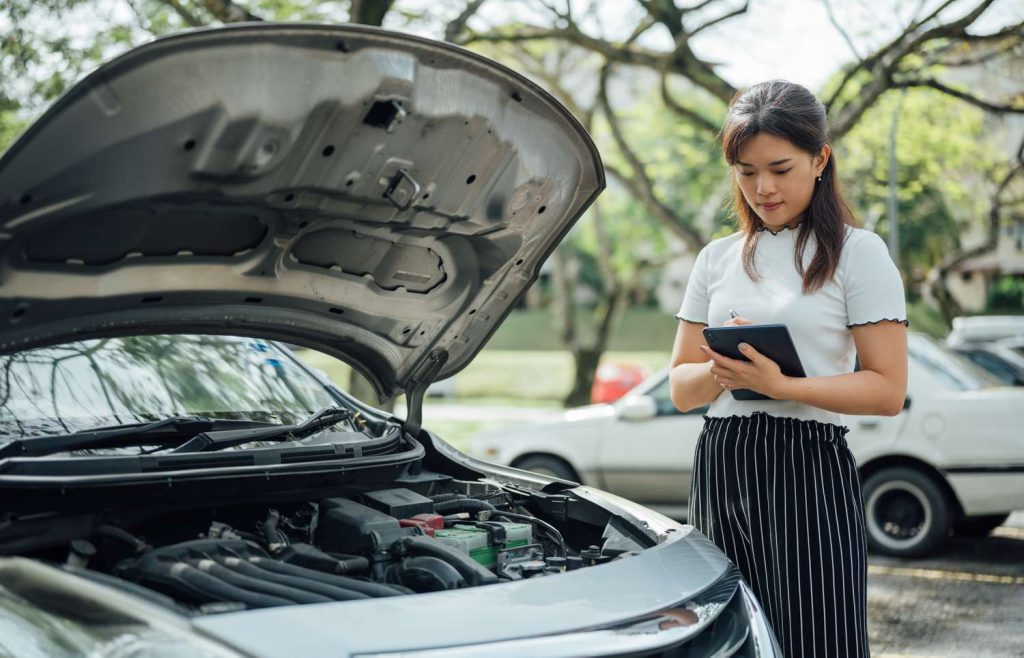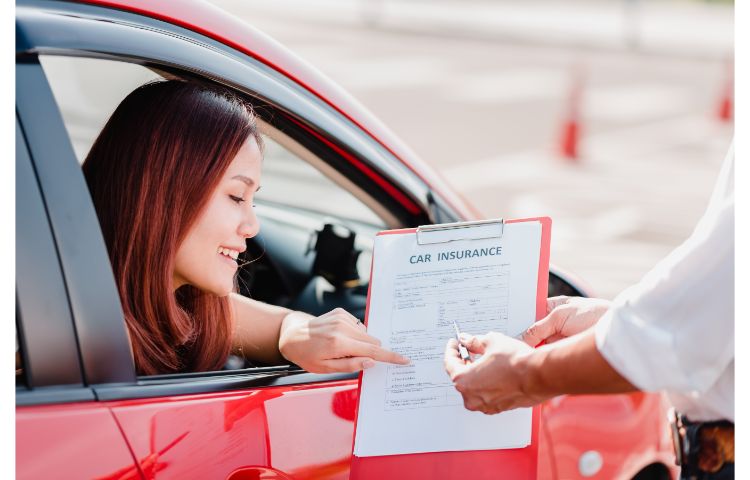Owning a car in the United States is more than just a convenience; it’s often a necessity. However, with the freedom of driving comes a significant responsibility: the need for car insurance.
Car insurance is not just a legal requirement in most states; it’s a crucial financial safety net that protects you, your passengers, and others on the road. Understanding the importance of car insurance, how it works, and what you need to consider when purchasing a policy can save you from potential financial ruin and ensure peace of mind while driving.
Why car insurance is essential in the USA

Car insurance is vital in the USA for several reasons, the foremost being legal compliance. Almost every state requires drivers to have a minimum level of liability insurance. This type of coverage ensures that if you cause an accident, your insurance will cover the costs associated with the other party’s injuries and property damage.
Driving without insurance is illegal and can lead to severe penalties, including fines, license suspension, and even imprisonment in some states. Beyond legal requirements, car insurance plays a crucial role in financial protection.
Accidents can happen at any time, and the resulting costs can be astronomical. Medical expenses, car repairs, legal fees, and compensation for lost wages can add up quickly, leaving you in a precarious financial situation.
Additionally, car insurance provides peace of mind. Knowing that you have coverage in place allows you to drive with confidence, knowing that you’re protected if the unexpected occurs.
Whether it’s a minor fender bender or a major collision, having the right insurance means you’re prepared for whatever the road may bring. This peace of mind is invaluable, especially in a country like the USA, where driving is an integral part of daily life.
Understanding the different types of car insurance coverage
When purchasing car insurance, it’s essential to understand the various types of coverage available. Each type of insurance serves a different purpose, and the right combination of coverages will depend on your specific needs and circumstances.
The most common types of car insurance coverage in the USA include liability, collision, comprehensive, uninsured/underinsured motorist, and personal injury protection (PIP). Liability insurance is the most basic form of coverage and is required by law in most states.
It covers the costs associated with injuries and property damage to others when you’re at fault in an accident. However, liability insurance does not cover your own injuries or damage to your vehicle.
For this reason, many drivers opt for additional coverage, such as collision insurance, which pays for repairs or replacement of your vehicle after an accident, regardless of who is at fault. Comprehensive insurance covers non-collision-related damages to your vehicle, such as those caused by theft, vandalism, natural disasters, or hitting an animal.
This type of coverage is particularly important for those who live in areas prone to severe weather or have a high rate of car theft. Uninsured/underinsured motorist coverage is another critical option, as it protects you if you’re involved in an accident with a driver who has little or no insurance.
Factors to consider when choosing a car insurance policy
Choosing the right car insurance policy can be overwhelming, given the multitude of options available. However, there are several key factors you should consider ensuring you’re getting the best coverage for your needs at a price you can afford. These factors include your state’s insurance requirements, your driving habits, the value of your vehicle, and your financial situation.
First and foremost, it’s important to understand your state’s minimum insurance requirements. While these requirements provide a baseline level of coverage, they may not be sufficient to fully protect you in the event of an accident.
For example, minimum liability limits may not cover the full extent of damages in a serious collision, leaving you responsible for the remaining costs. Therefore, it’s often advisable to purchase coverage that exceeds the minimum requirements, especially if you have significant assets to protect.
Your driving habits should also play a significant role in determining the type and amount of coverage you need. If you commute long distances, frequently drive in heavy traffic, or live in an area with a high rate of accidents, you may want to consider higher levels of liability and collision coverage.
Additionally, if you drive a newer or more expensive vehicle, comprehensive coverage is likely a wise investment, as it will protect your car from a wide range of risks. Finally, your financial situation is a critical consideration when selecting car insurance.
While it may be tempting to choose the cheapest policy available, this could leave you underinsured and vulnerable to significant financial losses. On the other hand, paying for extensive coverage that you don’t need can strain your budget. It’s essential to strike a balance by assessing your assets, risk tolerance, and ability to pay out-of-pocket expenses in the event of an accident.
The consequences of not having car insurance
Driving without car insurance in the USA is not only illegal but also incredibly risky. The consequences of being uninsured can be severe, both legally and financially. If you’re caught driving without insurance, you can face a range of penalties, including fines, license suspension, and even jail time, depending on the state.
These penalties can disrupt your life, making it difficult to commute to work, run errands, and fulfill other daily responsibilities. Moreover, if you’re involved in an accident without insurance, the financial repercussions can be devastating.
You would be personally responsible for covering the costs of any injuries or damages you cause. In a severe accident, these costs can easily run into the tens or even hundreds of thousands of dollars.
Without insurance, paying these bills could be impossible, leading to lawsuits, wage garnishment, and potentially, bankruptcy. Additionally, not having insurance can limit your ability to seek compensation if you’re injured in an accident caused by another driver.
While some states have no-fault laws that allow you to recover damages from your own insurance regardless of who is at fault, others do not. In states without no-fault laws, if you don’t have insurance, you may be barred from suing the at-fault driver for damages, leaving you with no recourse to recover your losses.

